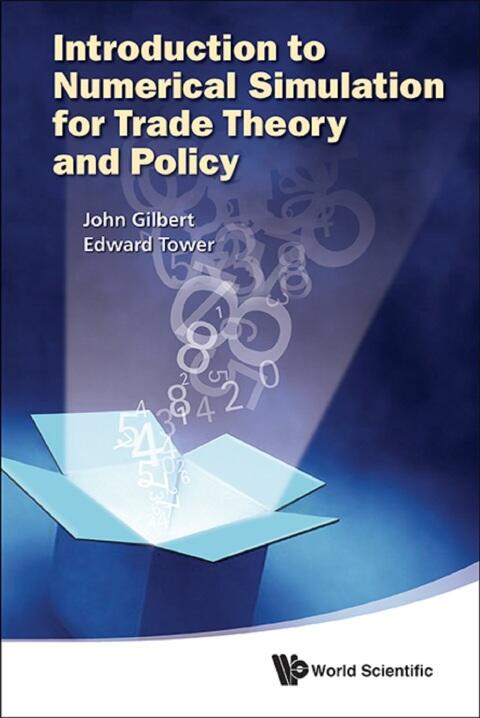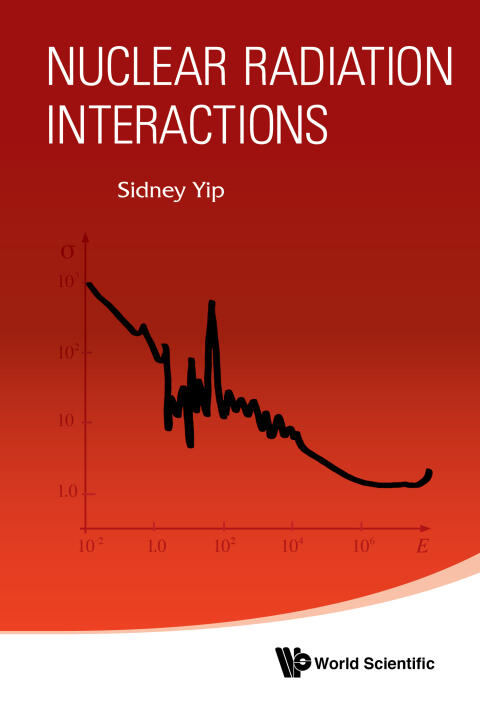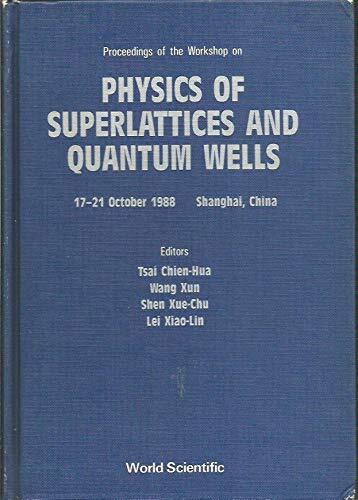
Introduction To Numerical Simulation For Trade Theory And Policy
لا توجد تقييمات بعد
Science & Technology
Business & Economics
تنسيق
كيندل
صفحات
300
لغة
صيني
منشور
Jan 1, 2012
الناشر
World Scientific
الطبعة
3
رقم ISBN-10
9814401625
رقم ISBN-13
9789814401623
الوصف
John Gilbert and Edward Tower present an insightful exploration into the world of numerical simulations tailored for trade theory and policy. This work bridges the gap between complex theoretical frameworks and real-world applications, offering readers a hands-on approach to understanding and implementing simulation models. Designed for both academics and practitioners, it delves into the intricacies of international trade, providing tools and methodologies that enhance decision-making and policy formulation.
Through a series of detailed case studies and practical examples, Gilbert and Tower illustrate how simulations can reveal the dynamic interplay of trade variables. The authors emphasize not only the theoretical foundations but also the practicalities of model construction and execution, effectively demystifying the often intimidating field of numerical analysis. As readers progress, they will discover how to apply these techniques to current issues prevailing in global trade.
This volume serves as an essential resource for those interested in the quantitative aspects of economic policy. Whether one is a seasoned economist or a newcomer to the field, it provides valuable insights that stimulate critical thinking and informed discussion around the implications of trade policies in an increasingly interconnected world.
Through a series of detailed case studies and practical examples, Gilbert and Tower illustrate how simulations can reveal the dynamic interplay of trade variables. The authors emphasize not only the theoretical foundations but also the practicalities of model construction and execution, effectively demystifying the often intimidating field of numerical analysis. As readers progress, they will discover how to apply these techniques to current issues prevailing in global trade.
This volume serves as an essential resource for those interested in the quantitative aspects of economic policy. Whether one is a seasoned economist or a newcomer to the field, it provides valuable insights that stimulate critical thinking and informed discussion around the implications of trade policies in an increasingly interconnected world.



















